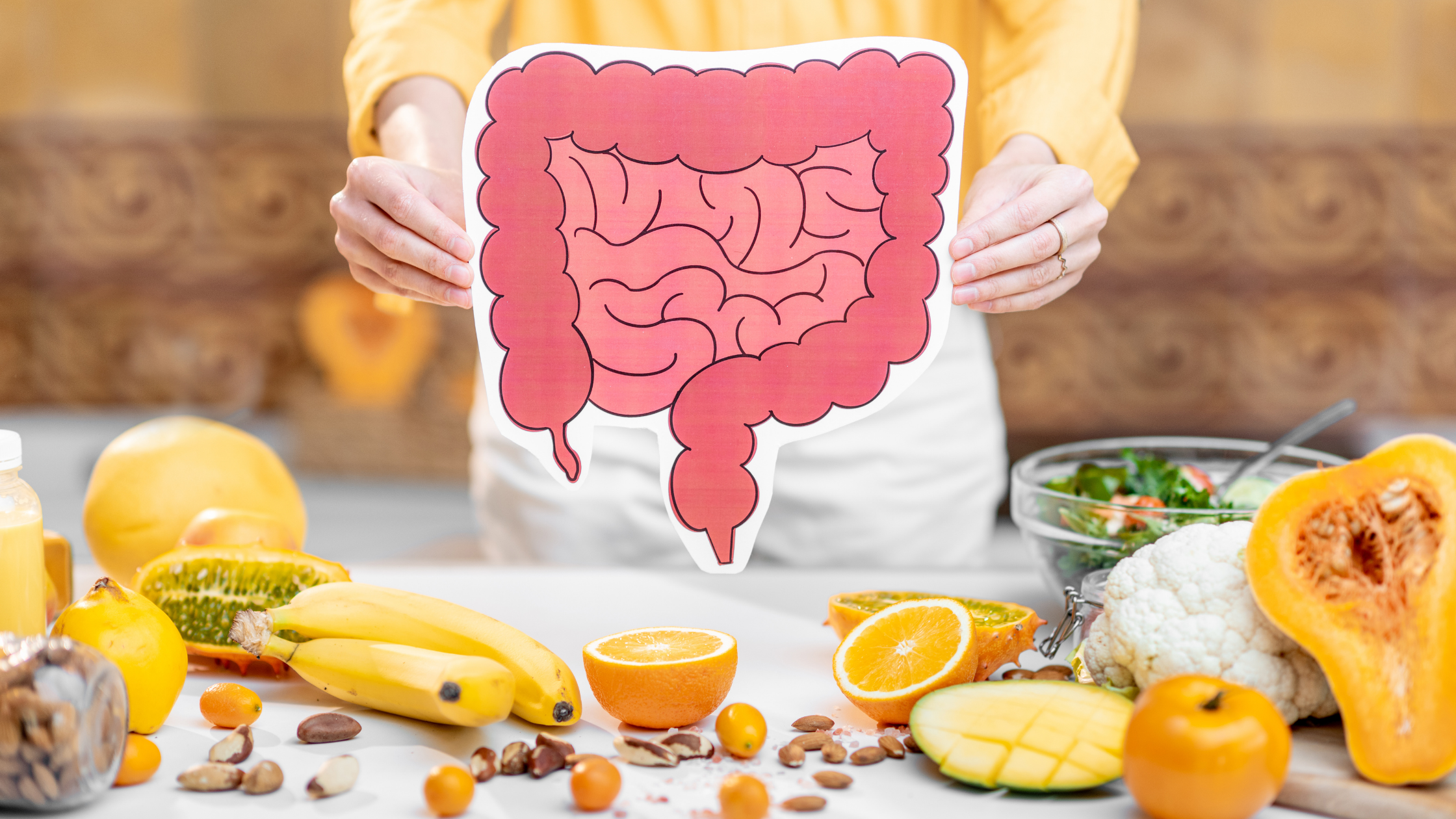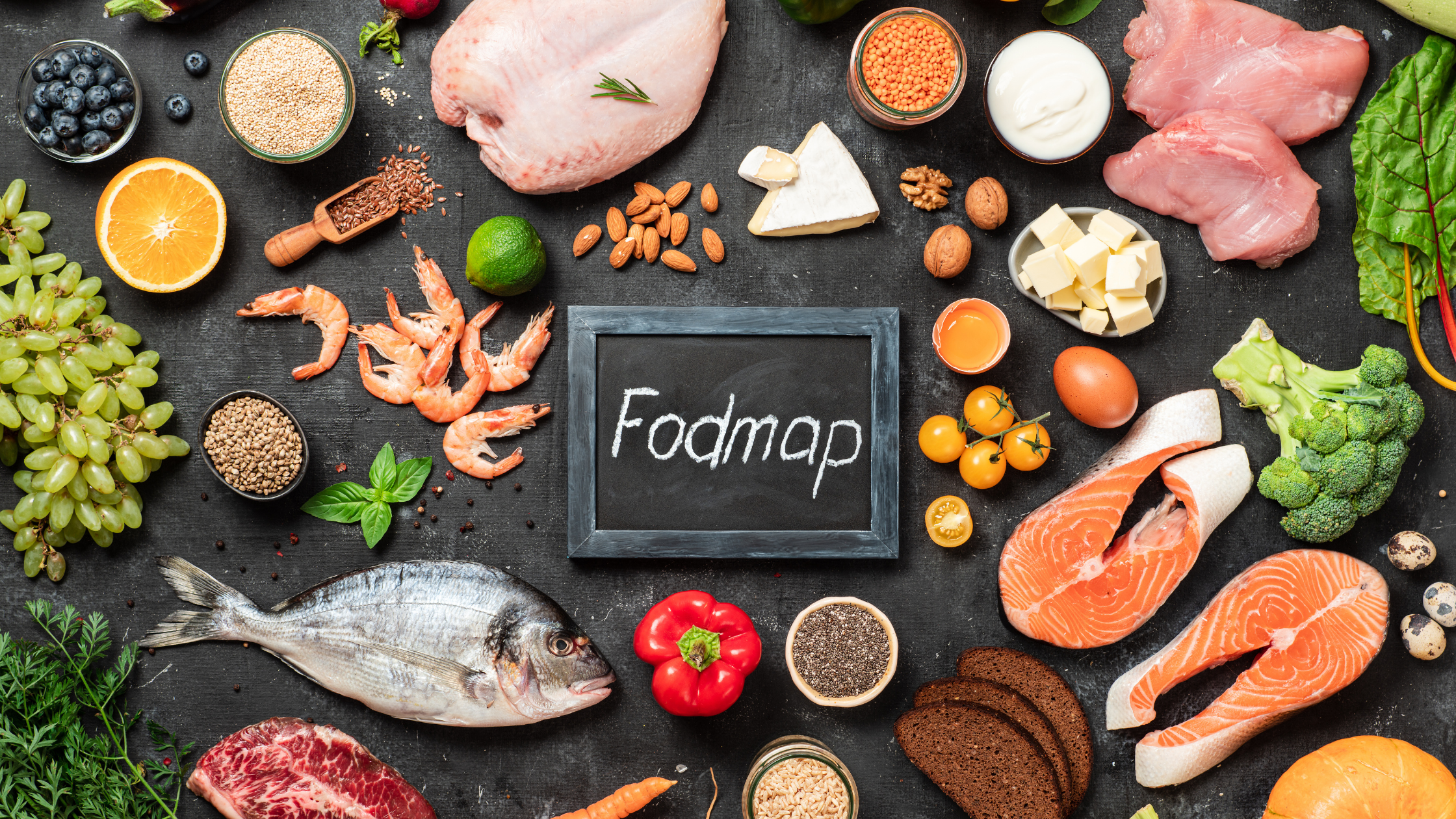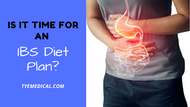Which IBS Diet Plan Is Right for You?
Written by Tye Medical on May 12th 2021
If you’re suffering from irritable bowel syndrome (IBS), developing a personalized IBS diet plan is often the best way to ease symptoms. Your sensitive gut overreacts to specific foods, and the key to relief is identifying and eliminating them.
But there is no magic bullet, no specific diet that eradicates symptoms for everyone. Each person’s body responds differently to various triggers. Some people experience symptoms that align with diarrhea-predominant IBS (IBS-D), constipation-predominant IBS (IBS-C), or a mixture of both (IBS-M).
While factors other than food (i.e., stress) come into play for some IBS patients, it’s usually dietary changes that bring the most relief. Here you’ll find some tips on the best ways to manage IBS through diet.
For more details about irritable bowel syndrome, check out our article, What Causes IBS and the Surprising Bowel-Bladder Connection.
Basic IBS Diet Tips for All

Researchers haven’t found a definitive cause for IBS, and there isn’t a single treatment plan that works for everyone. But specific tips for symptom management help many patients improve their quality of life. So here are the basic rules for survival when it comes to irritable bowel syndrome:
- Avoid insoluble fiber, caffeine, alcohol, spicy foods, and unhealthy fats.
- Eat the same number of meals on a set schedule daily.
- Eat smaller, more frequent meals to avoid stressing your digestive tract.
- Get regular exercise to keep your system running smoothly.
- Stay hydrated for optimum bowel movements.
- Avoid all deep-fried foods as these fats are a major IBS trigger for most people.
Other Useful IBS Diet Tips
If you follow the above guidelines but still experience those bothersome IBS symptoms, consider trying these additional tips before moving on to more drastic dietary changes.
- Peel fruits and vegetables for easier digestion.
- Steam veggies instead of eating them raw.
- Rinse and soak canned beans in cold water for 30 minutes before cooking them (reduces gassiness).
- Walk after larger meals.
- Drink a hot beverage or eat an adequate breakfast in the morning to stimulate bowel movement and keep you regular throughout the day.
- Eat slowly and pause between bites to reduce the amount of air you swallow.
- Avoid using a straw, chewing gum, or eating on the go, because it introduces air into your stomach and increases the risk of gas, bloating, and stomach pain.
For information on managing IBS flare-ups and ruling out related conditions, see our article, What Are IBS Flare-Ups?
Try a Gluten-Free Diet

For some people, cutting gluten from their diet drastically improves or even eliminates IBS symptoms. Even if you don’t have celiac disease, you could still have a sensitivity to this protein found in wheat, barley, and rye.
Some scientists believe IBS is a form of non-celiac gluten sensitivity, which triggers unpleasant GI symptoms without a celiac diagnosis. Staying gluten-free might be part of a successful IBS diet for some people.
But before you start banning gluten and wheat, ask your doctor to run a simple blood test to determine if you have celiac disease. Once you go gluten-free, the tests will be ineffective since gluten must be in your system for the test to be accurate.
If you rule out celiac disease, but your symptoms improve on a gluten-free diet, you’ll know it’s a sensitivity.
Low FODMAP Diet

If the above recommendations don’t deliver the results you need, then it’s time to try a low FODMAP diet. It’s the last resort because it’s a restrictive elimination diet designed to be followed for less than two months in its strictest form.
FODMAP is an acronym for Fermentable Oligosaccharides Disaccharides Monosaccharides, and Polyols. These difficult-to-pronounce words are short-chain carbohydrates found in many nutritious foods.
If the traditional IBS diet recommendations don’t help, you can try eliminating some of these otherwise healthy foods. You might need to avoid some of them because they tend to ferment and expand in your intestines. If you eat too much of them, it can cause gas, bloating, and abdominal pain.
5 Types of FODMAP Foods
- Fructans: found in wheat, onions, garlic, barley, cabbage, and broccoli
- Fructose: found in fruit, honey, and high-fructose corn syrup
- Galactooligosaccharides: found in legumes and beans
- Lactose: found in milk and other dairy foods
- Polyols: found in stone fruits, sweet potatoes, apples, and celery
FODMAP Elimination Diet
Your next option is a FODMAP elimination diet to help you determine which (if any) of these foods aggravate your IBS symptoms.
Step 1: Restrict all high FODMAP foods for 4-6 weeks.
Step 2: Reintroduce foods to your diet one category at a time. What foods can you tolerate and in what quantities? Then only avoid those foods that cause symptoms. Before trying foods in the next category, wait until symptoms have resolved.
Having the freedom to eat a variety of healthy foods is always best. So don’t be afraid to embrace the ones that your body accepts. If you don’t experience symptoms, then there is no reason not to enjoy that food and benefit from its nutrition.
Never follow an elimination diet long-term because many restricted foods are healthy and have necessary nutrients. Instead, avoid only those foods that cause problems.
Talk to your doctor before starting any elimination diet.
And once you’ve identified and eliminated (or reduced) offending foods, consult with a dietician or nutritionist to be sure you’re receiving protein, carbs, and nutrients you need for good health. Your primary care doctor can refer you to someone who can help you manage an IBS diet.
Do You Have IBS and Bladder Symptoms?
Over 30% of people with IBS also experience bladder symptoms like frequency and urgency. Sometimes, this causes leaks.
If you want comfortable, discreet leak protection for those unexpected moments, consider our light incontinence pads and underwear.
Our Protective Underwear for moderate to heavy leaks will keep you leak-free and dry day or night.


